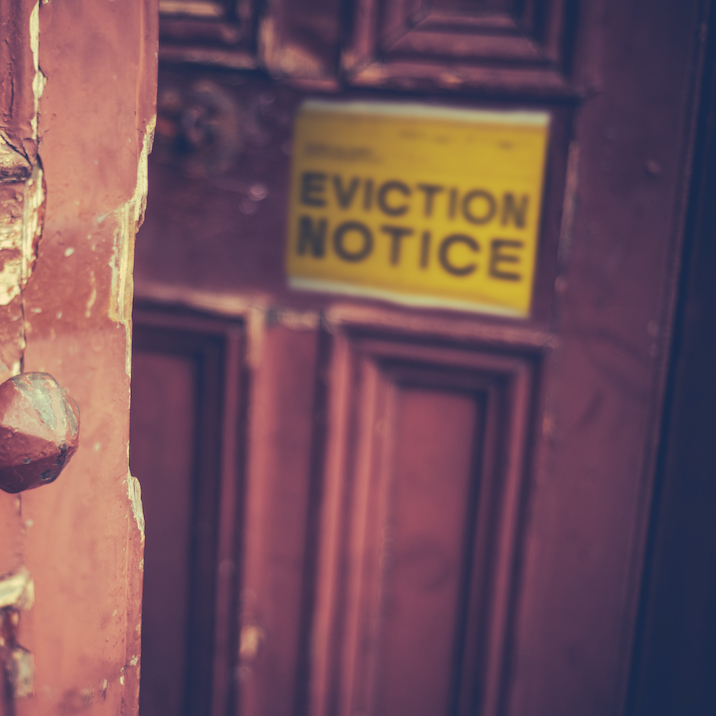CCH and NCLC obtained a class action settlement for former Chicago tenants in a lawsuit challenging a debt collector’s practice of collecting unlawful debt from them after they were evicted.
The Law Project of the Chicago Coalition for the Homeless (CCH) and the National Consumer Law Center (NCLC) successfully obtained a settlement in a class action lawsuit brought under the Fair Debt Collection Practices Act (FDCPA) challenging the debt collector’s practice of collecting unlawful debt. A federal judge approved the settlement agreement in the class action lawsuit in July.

The lawsuit claimed the debt collector sought to collect and collected debt that included attorney’s fees allegedly incurred by landlords of residential properties in Chicago from evicted tenants. Under a Chicago ordinance for residential landlords and tenants, landlords are not entitled to attorney’s fees in eviction actions unless allowed by applicable law, making it unlawful for a debt collector to attempt to collect attorney’s fees that were not awarded by the court.
The lawsuit was originally filed against the property management company Draper & Kramer, Inc., and IQ Data Inc., a debt collector, claiming violations of state and federal consumer protection laws. The lawsuit was later amended and filed against only the debt collector, IQ Data, Inc. under the FDCPA.
“No one should have to worry about a debt collector contacting them regarding debt they do not owe, especially someone who just lost their housing and is experiencing financial hardship in their life,” said Arturo Hernandez, a staff attorney at CCH who represented the plaintiff and the class members in the lawsuit.
“This is an important action taken on behalf of over 40 tenants who were charged attorney’s fees for an eviction action when such fees were not awarded by the court. This lawsuit puts all Chicago landlords, property management companies, and debt collectors on notice that they cannot shift the costs of bringing a residential eviction action onto the tenant when such fees and costs have not been awarded by the court,” said Andrea Bopp Stark an attorney at NCLC who also represented the plaintiff and the class members in the lawsuit.
Under the settlement agreement, the debt collector did not admit liability but did agree to pay the class members a monetary award of about $287 each. The debt collector will take steps to identify class members that made payments of attorney’s fees and refund them those fees. The debt collector will remove the attorney’s fees from the balances of the class members who were charged these fees, and corrections will be sent to credit reporting agencies. Additionally, the named plaintiff will receive an additional award of $2,000, and the debt collector will pay attorneys’ fees and cost to CCH and NCLC.
“I feel relieved that I got something for the stress it caused, not just to me but others as well. It was unfair. I felt taken advantage of because I was young and been through a lot. I’m glad that I chose to work with the attorneys from the Chicago Coalition for the Homeless,” said Plaintiff Yasmine Lamar.
Chicago passed a law that prohibits landlords from seeking to foist their attorney’s fees onto tenants who are evicted. Landlords in Chicago routinely ignore this prohibition. CCH, with help from NCLC, has obtained a measure of justice for a group of tenants who were victims of this practice. The case has also set an example that is likely to deter other landlords from trying this in the future.
